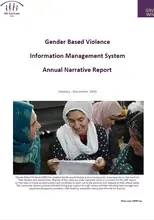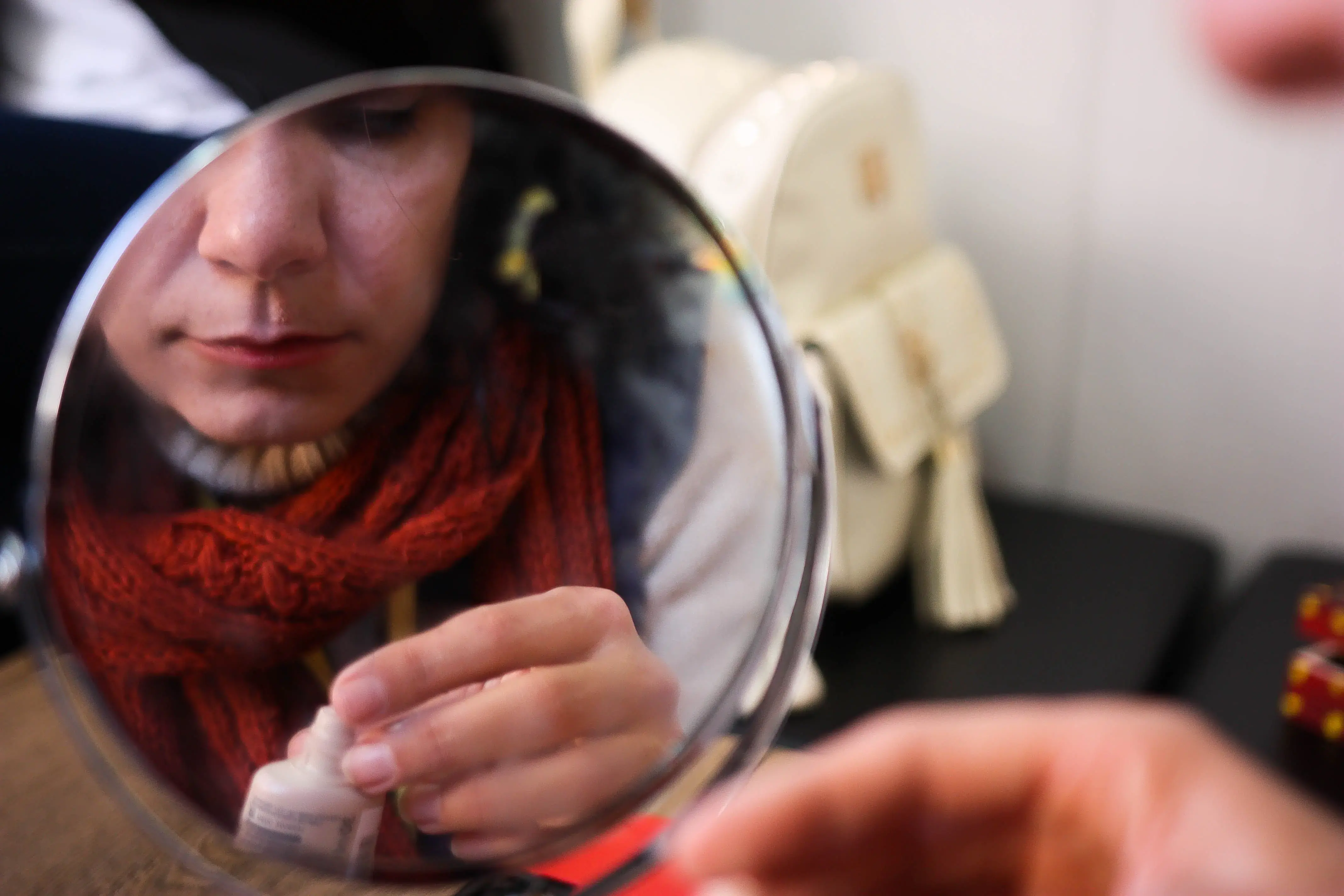Sarajevo, 21. January 2022 - Cervical cancer is the second most common female cancer worldwide, with over 99 percent cases caused by human papillomavirus (HPV). Nearly every cervical cancer case can be prevented by a regular cervical screening (the Pap Test) and the HPV vaccination, and if diagnosed at an early stage, cervical cancer can be cured. However, although it is almost entirely preventable, on average, three women die from cervical cancer every week in Bosnia and Herzegovina.
As doctor Enis Hasanović, the director of the Sarajevo Canton Institute for the Women’s Health and Maternity Protection, said, “The Sarajevo Institute for the Women’s Health and Maternity Protection has been continuously working, over many years, on early detection and prevention of cervical cancer. Thus far, we have not had a programme for primary protection – through HPV vaccination - which is the only way to prevent HPV-related cancer. This was why, together with the director of the Sarajevo Canton Public Health Institute, with UNFPA’s support, we initiated the process of developing a programme for introducing the HPV vaccination in the Sarajevo Canton, which we would like to see accepted and expanded throughout Bosnia and Herzegovina. Our work is largely based on secondary prevention of this cancer through regular screenings and Pap smears and detection of the cell changes on the cervix in the early stages of dysplasia and an early-stage cancer, when it is 100 percent curable. During 2021, 15,000 Pap smear samples were collected at our Institute, which is a remarkable number since it was amid the pandemic. This was how we detected a high number of initial changes on the cervix. The detected changes have been regularly monitored ever since, while some cases required surgical treatment in an early stage, when treatment is fully successful. I think an ideal combination is primary prevention through vaccination, which we are going to introduce, and regular gynecological examinations and, if recommended, Pap smear tests. Since this cancer is fully preventable – this is precisely how it can be prevented or detected in its early stages - even one death from this cancer in developed societies is impermissible”.
“In the Sarajevo Canton, malignant neoplasms (C00-C96) were the ninth out of ten most prevalent registered diseases in the course of 2020. An overall cervical cancer rate (prevalence), according to the Sarajevo Canton Public Health Institute’s latest data, is 31 per 100,000 people. The most common cause of cervical cancer is now known: it is the human papillomavirus (HPV) infection. This cause is present in all women diagnosed with cervical cancer. The HPV vaccination is extremely important as it almost completely prevents cervical cancer and condyloma. HPV vaccine has been approved in over 160 countries of the world since 2006 and it has been included in national immunization programmes in at least 40 countries. We want to achieve that standard”, said professor Aida Pilav, Ph.D. director of the Sarajevo Canton Public Health Institute.
The HPV vaccination and screening of women for an early-stage cervical cancer need to be included in an overall approach to cervical cancer prevention and control. The Sarajevo Canton Health Minister, professor Haris Vranić, Ph.D. emphasized: “The Canton Health Ministry generally supports the implementation of prevention programmes. Following the model of the countries of the region, this Ministry plans to launch in 2022 a pilot HPV vaccination for children aged 11 years. The HPV vaccination programme in the Sarajevo Canton has been developed in cooperation with the Sarajevo Canton Public Health Institute, the Sarajevo Canton Institute for the Women’s Health and Maternity Protection and UNFPA BiH, the United Nations Population Fund. The Sarajevo Canton Health Insurance Institute has provided funds for the implementation of the programme in 2022. In the next period, the Sarajevo Canton Health Ministry’s primary goals will be to raise awareness about the presence of the HPV infection, implement continuing education of parents and children about HPV vaccine and ensure the right to free and voluntary vaccination, include the HPV vaccination for school-aged children in the vaccination programme, ensure accessibility of vaccination in the Sarajevo Canton also to other age groups and develop a habit of undertaking regular annual gynecological examinations”.
In order to raise awareness of the population about the importance of the HPV vaccination, a campaign, supported by UNFPA BiH, will be organized. “Prevention of cervical cancer is at the heart of the UNFPA mandate, in line with ensuring universal access to reproductive health. Therefore, UNFPA supports the Sarajevo Canton, as well as other areas in Bosnia and Herzegovina, to strengthen capacities in the prevention of cervical cancer. Our focus is on the implementation of the HPV vaccination programme, including awareness raising, as a key component of all prevention programmes, to ensure that individuals can make informed decisions about their health. The HPV vaccination programme in the Sarajevo Canton will serve as a model for other parts of BiH. This is our contribution to the exercise of the right to bodily autonomy and the achievement of the goals of the Strategy for Accelerating the Elimination of Cervical Cancer (WHO), under which by 2030, states should achieve that 90% of girls are fully vaccinated against HPV by age of 15 years”, said John Kennedy Mosoti, Representative of UNFPA, the United Nations Population Fund, for Bosnia and Herzegovina.




